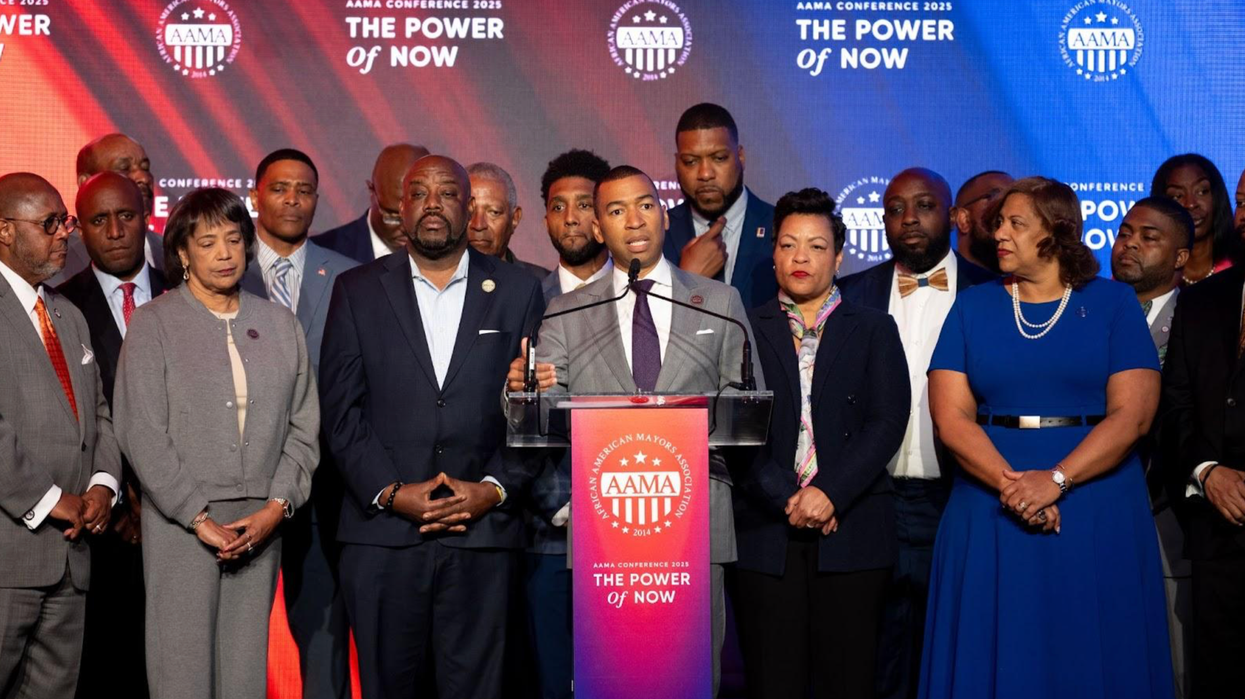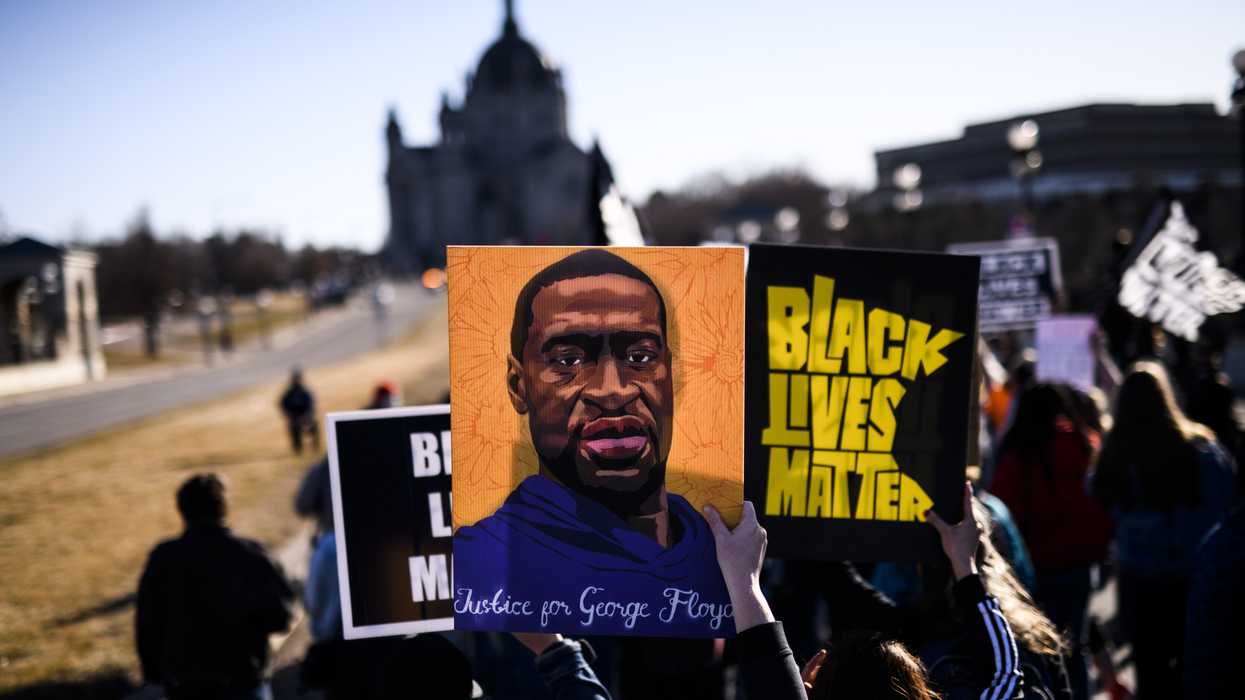WASHINGTON – Black mayors from across the country gathered in the nation’s capital for the annual African American Mayors Association Conference last week and strategized ways to govern their cities despite ongoing federal job cuts and recent actions coming from the Trump administration.
At the Atlanta-based Centers for Disease Control and Prevention, President Donald Trump conducted his second round of mass firings. Those who were not fired were told to go back to in-person work the same week in late March.
Currently, around 2,400 people have reportedly been laid off.
“People that are employed in Atlanta, particularly the CDC workers, do an amazing job at helping the world live and thrive and fight disease and really enable us to work across the world in a way that a lot of structures don’t,” Atlanta Mayor Andre Dickens said. “So when the Trump Administration is DOGEing these hard workers, it gives me heartburn.”
Over 170 mayors used the “The Power of Now” themed conference to brainstorm how to manage the fallout from Trump’s agenda on everything from public safety and infrastructure to the impacts of climate change on their residents’ health.
“This is a pivotal time for all of our cities, and I hope this year brings together new partnerships and an exchange of information about what's working and what's not in each of our cities as we move forward to serve,” association president Steven Reed said, who currently serves as mayor of Montgomery, Alabama.
For Baltimore Mayor Brandon Scott, the 2nd vice president of the association, infrastructure is key to having “healthier and more vibrant neighborhoods” for cities around the country, especially in urban areas. He pointed to Baltimore launching the Office of Infrastructure Development during his first term as an example.
“These efforts are about more than just concrete and steel,” Scott said. “They are about connecting residents to jobs, to schools and essential services, especially in neighborhoods that have been overlooked for too long.”
LaToya Cantrell, the Mayor of New Orleans, also highlighted the importance of having federal government agencies, like the Environmental Protection Agency, in coastal cities like hers, where they face constant climate change threats.
“There have been commitments made to our city, and we want to ensure that those resources come, so that we can do the work that has been mandated for us to do,” said Cantrell.
With the CDC layoffs, Atlanta has become a focal point of how federal actions could lead to serious local difficulties.
On Tuesday, a group of protesters, with U.S. Senator Raphael Warnock and Representative Hank Johnson, met in front of the headquarters to rally in support of those recently fired. They criticized the negative impacts the administration could have on health in the city and the U.S.
“The other thing that happens then is you have unemployment that now grows in the city where we’ve had low unemployment for so long,” Dickens said. “I’m hopeful we can help them find employment through all of the various challenges that we may have.”
Association members said it is important not only to highlight solidarity among city officials during uncertain times like these but also to promote transparency and unity throughout all government levels.
“We know that when the federal, state and local leaders work together, monumental change is possible in our communities. That’s why we're grateful for the support that we have received, but we also recognize the work and the need to continue that as we move ahead,” Scott said.
Jordan Owens is a journalism student at the Northwestern University Medill School of Journalism, pursuing a master’s of Journalism, Politics, Policy & Foreign Affairs Specialization.




















